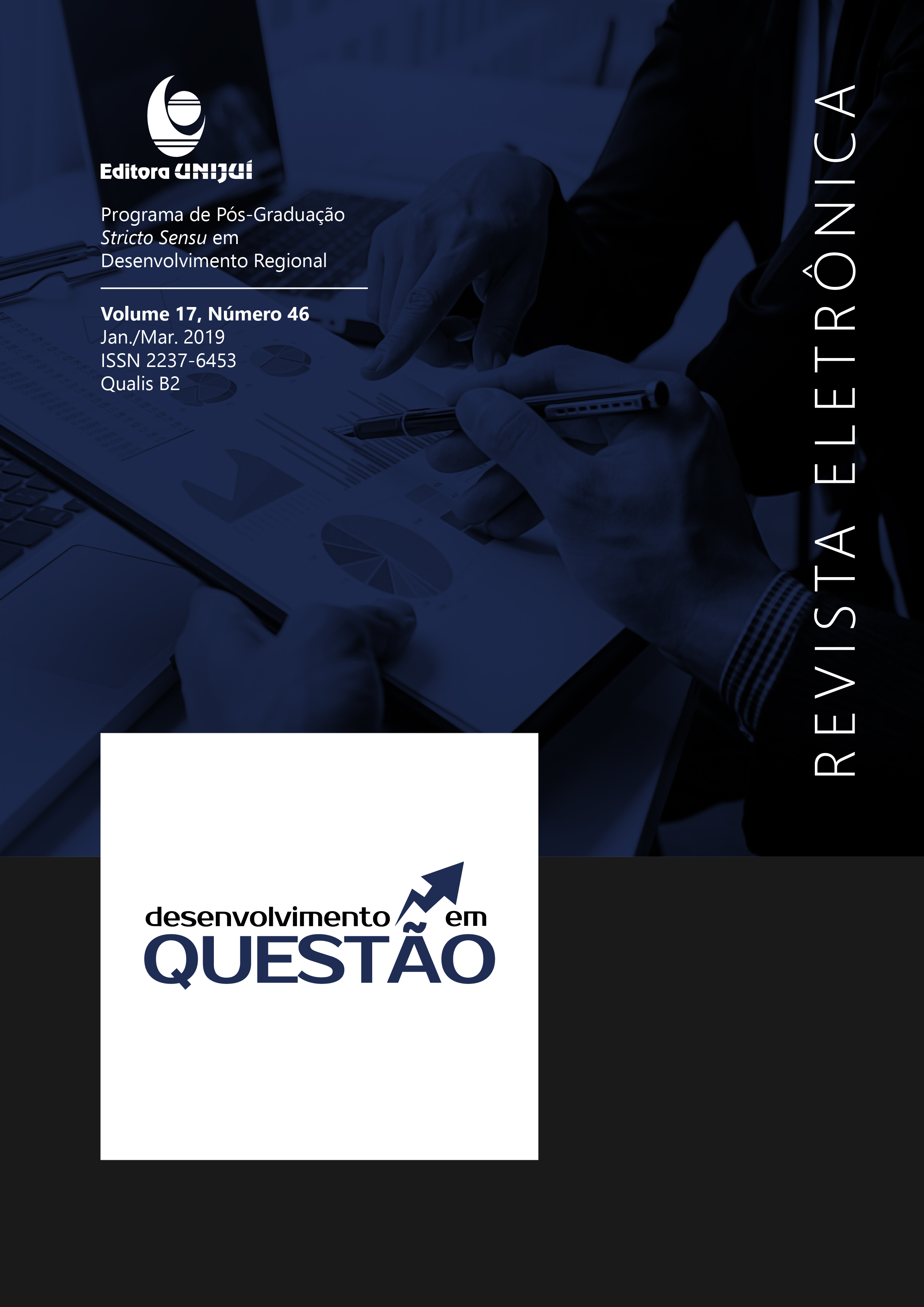A Abordagem Effectuation em Empreendedorismo Social
DOI:
https://doi.org/10.21527/2237-6453.2019.46.88-111Keywords:
Empreendedorismo social, Empreendedorismo Social, Effectuation, Criação de Negócios Sociais, Criação de negócios sociaisAbstract
Entendendo que o ambiente dos negócios sociais é repleto de incertezas e contingências e reconhecendo a importância das organizações sem fins lucrativos, que têm demonstrado serem atuantes para o bem-estar da coletividade, este estudo analisa a criação de empreendimentos sociais sob a abordagem Effectuation. Este trabalho pretendeu identificar como os princípios effectuation de definição de meios, perdas acessíveis, alianças estratégicas e alavancagem de contingências, propostos por Saravasthy (2001), formatam a criação de empreendimentos sociais. Para tanto foi realizado um estudo qualitativo de casos múltiplos, de natureza exploratória, em empreendimentos sociais de Sergipe. Os dados foram coletados por meio de entrevista semiestruturada com dois empreendedores sociais de Sergipe, e o conteúdo das entrevistas foi analisado com base na análise de conteúdo. Os resultados indicam que empreendedores sociais aplicam elementos de effectuation em seus negócios, principalmente a definição de meios, quando se envolvem em negócios a partir de suas características pessoais, profissionais e redes de contatos. A celebração de parcerias estratégicas, sem caráter formal, foi evidenciada como primordial à criação e continuidade de negócios sociais. Por fim, os princípios de perdas acessíveis e alavancagem de contingências foram os menos evidenciados nos casos.
Downloads
Published
How to Cite
Issue
Section
License
By publishing in Revista Desenvolvimento em Questão, authors agree to the following terms:
All works are published under the Creative Commons Attribution 4.0 International License (CC BY 4.0), which allows:
Sharing — to copy and redistribute the material in any medium or format;
Adaptation — to remix, transform, and build upon the material for any purpose, even commercially.
These permissions are irrevocable, provided that the following terms are respected:
Attribution — authors must be properly credited, a link to the license must be provided, and any changes made must be indicated.
No additional restrictions — no legal or technological measures may be applied that legally restrict others from doing anything the license permits.
Notices:
The license does not apply to elements that are in the public domain or covered by legal exceptions.
The license does not grant all necessary rights for specific uses (e.g., image rights, privacy, or moral rights).
The journal is not responsible for the opinions expressed in the articles, which are the sole responsibility of the authors. The Editor, with the support of the Editorial Board, reserves the right to suggest or request modifications when necessary.
Only original scientific articles presenting research results of interest that have not been previously published or simultaneously submitted to another journal with the same purpose will be accepted.
Mentions of trademarks or specific products are intended solely for identification purposes and do not imply any promotional relationship by the authors or the journal.
License Agreement (for articles published from 2025 onward): Authors retain the copyright to their article and grant Revista Desenvolvimento em Questão the right of first publication.











